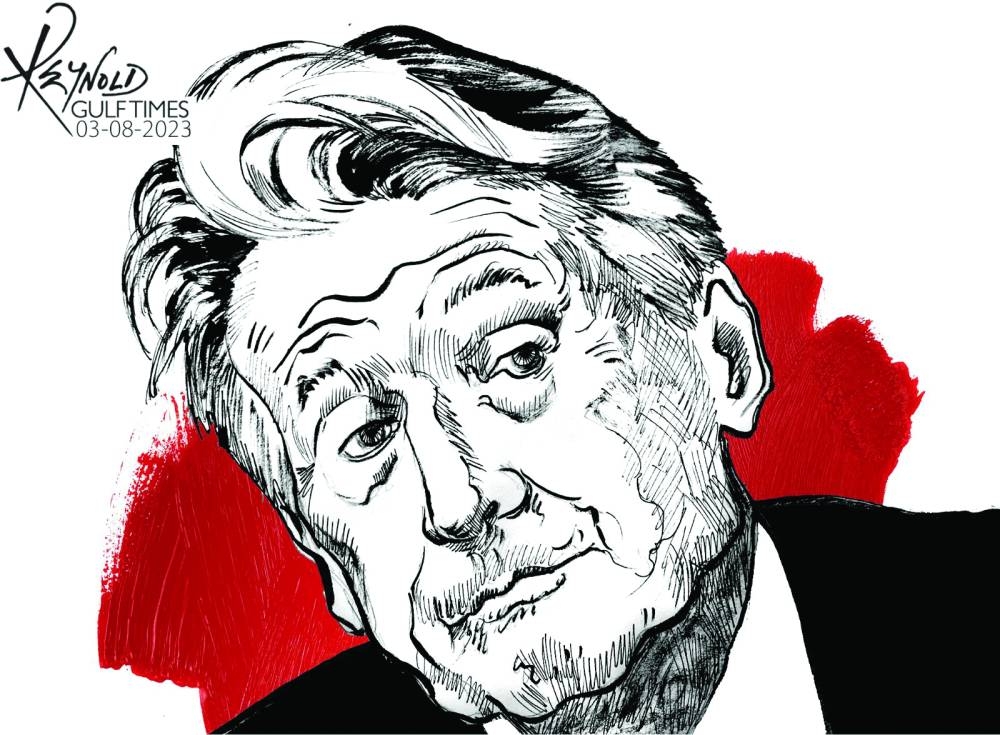World Athletics president Sebastian Coe says the Commonwealth Games is a strong enough brand to survive its latest crisis, but it must innovate to do so.
The multi-sport event suffered a major setback last month when the Australian state of Victoria pulled out of hosting the 2026 edition, citing escalating costs.
It left the Commonwealth Games Federation searching for a viable replacement at short notice amid an apparent lack of interest in a spectacle seen as losing relevance.
The last Games in 2022 were held in Birmingham, but only after the English city stepped in to replace Durban in South Africa, which was stripped of hosting rights after a series of missed deadlines and financial problems. Victoria was the exclusive bidder for 2026.
Despite this, Coe said he saw a future for an event which typically attracts more than 4,000 athletes from the 54 nations of the Commonwealth, almost all of them former territories of the British Empire.
“The Commonwealth Games will survive this, it’s a strong product, it is about innovating and the Commonwealth Games has opportunity to do that,” he told The Australian newspaper late Tuesday, without detailing the innovations.
“It has less branding (restrictions) than the Olympics and sometimes the World Championships, so it has potential,” he added.
“I don’t see the Commonwealth Games disappearing, it has a problem at the moment, and I am hoping others are prepared to step in.” Coe, a former middle-distance world record holder, said the event remained a vital stepping stone for the Olympics, particularly track and field.
“The Commonwealth Games track and field is a strong event: to win a sprint you have to beat Jamaicans; in endurance you have to beat the Kenyans and there are very strong powerful nations there,” he said.
“Just under a quarter of those nations in world athletics are Commonwealth nations. It is important for track and field that the Commonwealth Games is seen as successful.”
Victoria – which was due to hold the Games across five regional hubs – pulled out after claiming the initial cost of Aus$2bn ($1.36bn) would more likely spiral to around Aus$7bn.
While answering questions about the world championships, Coe defended the choice of Hungary’s capital Budapest to host this month’s big event and also said the sport’s latest doping case was actually a reason to celebrate.
Coe, speaking to selected reporters on a conference call ahead of the August 19-27 championships, said: “The world is a complex place, it’s becoming more complex by the year and that isn’t going to change.
“So one thing that does need to adapt here is sport and sport is ultimately probably the most adaptable organism that is out there and in an uncertain world sport is the only anchor point.”
“One thing I can tell you is that I have never, ever been involved in sport that has gone anywhere, particularly into challenging environments, where it has left that society politically, culturally, socially worse off for being there.”
Athletics was dealt a blow in July when women’s 100m hurdles world record holder Tobi Amusan of Nigeria, the reigning world champion from last year, was charged with an alleged anti-doping whereabouts rule violation. Amusan is accused of missing three tests in 12 months.
Coe argued that far from tarnishing the sport’s reputation, such cases “lend confidence”.
“Our sport has improved its reputation more than any other sport in the last two years by a distance because we have been prepared to tackle the issues around doping,” he said.
“I would much prefer to have the occasional headline which none of us actually want than the knowledge that we were gently declining into a landscape where we didn’t have the systems in place to weed out the people we don’t want in the sport,” he said.

Sebastian Coe (Illustration by Reynold/Gulf Times)
